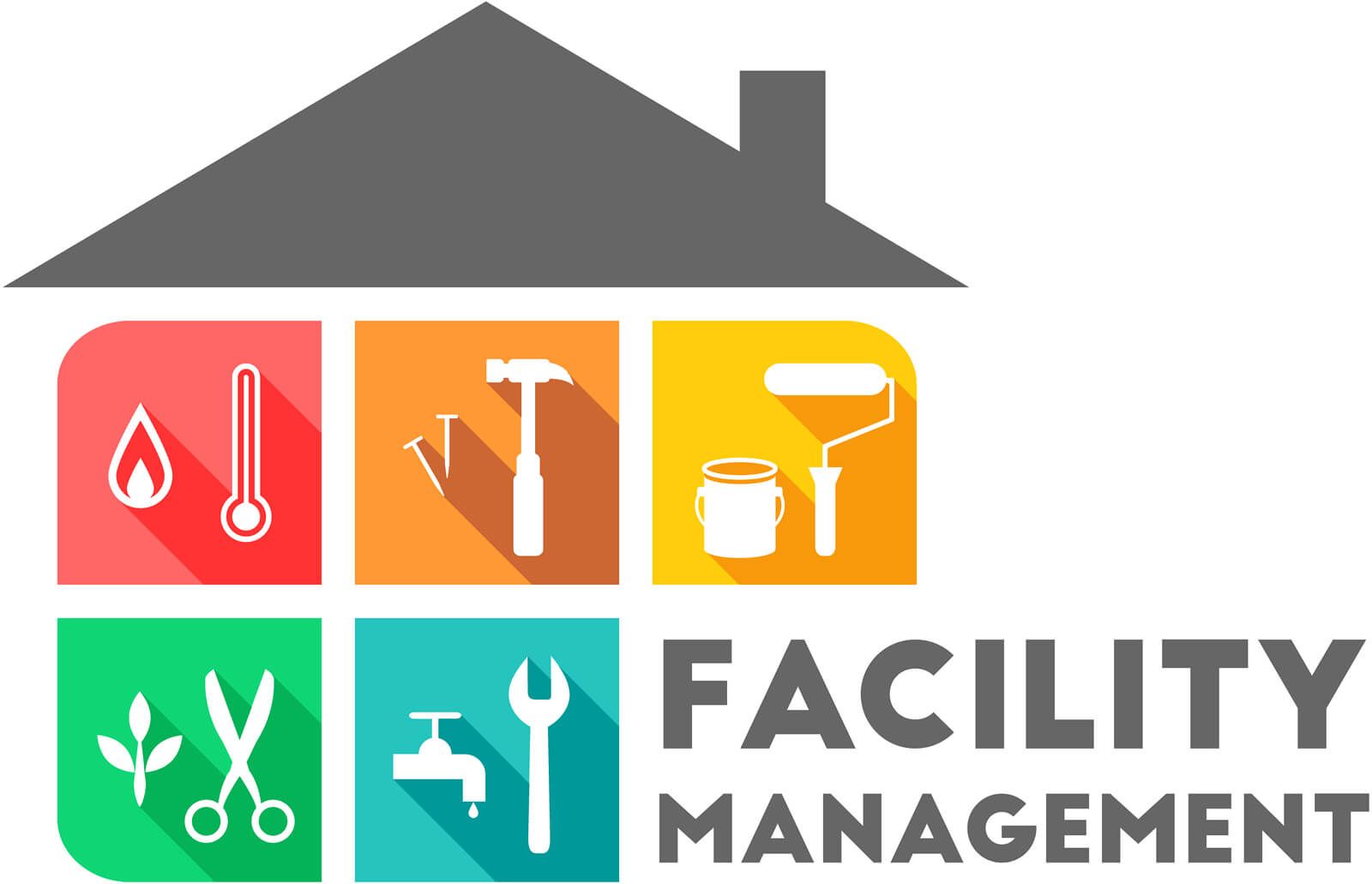How Total Facility Management Can Improve Operational Efficiency and Lower Costs
Why Total Facility Management Is Important for Service Success
Total Facility Management (TFM) works as a foundation for company success by harmonizing varied operational elements such as maintenance, area application, and precaution. This combination not only boosts effectiveness yet likewise lines up facility management with overarching organizational objectives. As companies browse a competitive landscape, understanding the complex benefits of TFM can be pivotal in driving cost performance and boosting employee performance. However, the effects of taking on TFM prolong far beyond prompt functional gains, elevating crucial questions about its lasting influence on business resilience and competitiveness - Total Facility Management. What exists underneath this essential framework?
Recognizing Total Facility Management
Total Facility Management (TFM) includes a comprehensive approach to managing a company's structures and connected services to make sure optimal capability, security, and effectiveness. TFM incorporates various techniques, consisting of maintenance, procedures, area management, and security protocols, to create a natural framework that supports an organization's core objectives.
At its core, TFM aims to improve the processes included in facility management, minimizing redundancies and boosting service distribution. This approach includes the control of activities associated with home management, such as fixings, cleaning, and power management, to foster a productive environment for stakeholders and staff members alike. TFM likewise highlights the value of executing best practices and ingenious innovations to boost service top quality and minimize functional costs.
By lining up facility management tasks with organizational goals, TFM enhances overall performance while making certain compliance with wellness, security, and ecological policies. Therefore, TFM serves not only as a logistical feature however likewise as a calculated property, contributing to an organization's lasting sustainability and growth.
Trick Benefits of TFM
Leveraging an extensive technique, organizations that implement Total Facility Management (TFM) unlock a myriad of benefits that add to total service success. One of the key benefits of TFM is the improvement of functional performance. By settling facility solutions under a unified management framework, organizations can enhance processes, minimize redundancies, and boost interaction throughout departments.
Furthermore, TFM advertises a positive maintenance approach, which minimizes downtime and prolongs the life-span of facilitiess and tools (Total Facility Management). This aggressive technique not only boosts efficiency but additionally cultivates a safer working environment, inevitably resulting in greater worker satisfaction and retention rates
In addition, TFM helps with far better source allocation by supplying insights right into facility performance metrics. Organizations can identify locations for renovation, enabling them to make enlightened decisions that align with their tactical goals.
TFM and Price Efficiency
Attaining cost effectiveness is a basic objective for companies, and Total Facility Management (TFM) plays a pivotal role in this undertaking - Total Facility Management. By integrating different facility solutions under a single management framework, TFM enables organizations to simplify operations and lower redundancies. This holistic method causes substantial price savings, as it gets rid have a peek at this site of the need for numerous suppliers and streamlines procurement processes
Moreover, TFM cultivates positive upkeep approaches, which decrease the risk of expensive repair work and downtime. By focusing on preventive procedures, organizations can extend the life-span of their assets and minimize unanticipated expenditures. In addition, TFM incorporates power management methods, which can dramatically reduce energy expenses through efficient source utilization.
The centralization of data and analytics within TFM allows companies to make informed monetary choices. By recognizing trends and areas for More Bonuses improvement, TFM makes it possible for tailored approaches that even more improve price management. The scalability of TFM solutions ensures that as organizations grow, their facility management practices remain effective and aligned with monetary goals.
Enhancing Staff Member Performance
A well-managed facility can considerably enhance worker performance by producing a favorable work atmosphere. Reliable Total Facility Management (TFM) makes certain that all aspects of the workplace-- from illumination and temperature to sanitation and safety-- are optimized. When employees operate in an area that is comfortable and well-maintained, they are most likely to concentrate on their jobs, leading to higher output and work satisfaction.
In addition, TFM can enhance collaboration with the strategic style of common areas, motivating teamwork and technology. By spending in the right resources and innovation, organizations can facilitate seamless communication and improve operations, additionally enhancing efficiency. Normal maintenance and timely feedbacks to facility problems protect against disturbances that might otherwise prevent efficiency.
Furthermore, a healthy and secure work setting, sustained by TFM practices, reduces absence and advertises health, straight associating with raised performance levels. Eventually, prioritizing facility management is an investment not just in physical assets but additionally in the workforce itself. By cultivating an atmosphere that supports worker requirements and preferences, organizations can grow a much more involved and effective workforce, driving general success and affordable advantage.

Future Trends in TFM
Accepting technological innovations is set to reshape the landscape of Total Facility Management (TFM) in the coming years. As the demand for performance and sustainability rises, TFM will significantly take on smart structure innovations, integrating Web of Things (IoT) tools to take care of and check facility procedures in real-time. This change will certainly allow aggressive upkeep, considerably lowering operational expenses and boosting solution delivery.

Sustainability continues to be a critical focus, with TFM experts anticipated to prioritize green methods. This consists of making use of renewable resource resources and optimizing waste management systems to minimize the carbon impact of facilitiess.
Remote management capabilities will additionally be increased, enabling facility managers to supervise procedures from essentially anywhere. This adaptability will certainly come to be essential as organizations adjust to crossbreed work models. In recap, the future of TFM is positioned for change via modern technology, sustainability, and enhanced functional methods, guaranteeing organizations continue to be competitive in an evolving landscape.
Conclusion
By incorporating numerous functional features, TFM enhances efficiency and lines up facility management with business purposes. As companies significantly embrace lasting methods and cutting-edge technologies, the significance of TFM will proceed to expand, ensuring long-term operational effectiveness and competitiveness in a developing marketplace.
